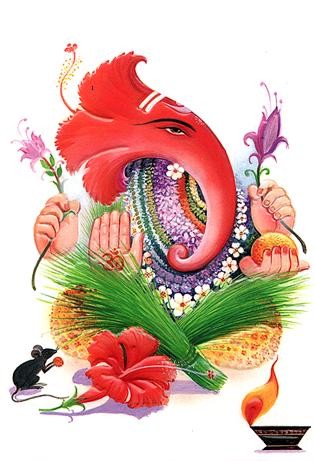What is pleasure?
furniture in England, in a particular room, it's about l6th, l5th century. And one
has paid a great deal of money for it. And it gives you, watching it, great pleasure. Then you identify yourself with that furniture. Then you
become the furniture, because whatever you identify yourself with, you are that. It
may be an image, it may be a piece of furniture, it may be a man, woman, or it may be some idea, some conclusion, some ideology. And all the
identification with something greater or something which is convenient, satisfying, doesn't give you too much discomfort, that brings us a
great deal of pleasure.
And pleasure goes with fear. I don't know if you have watched it. It's the other side of the coin. But we don't want to look at the other side.
But we say to ourselves, pleasure is the most important thing, either through drugs, which is now becoming more and more in this country - opium,
cocaine, alcohol. You know all that, what is happening in the world, especially in
this country, which breeds certain irresponsibility, gives you for the moment certain elan, energy, quietens the brain probably and dulls the
brain, and ultimately destroys human beings. You have seen all this on television. If you haven't seen all this, you know of somebody and so
on. We start with pleasure, and end up in ruination. And pleasure of possessing
something, the woman or the man; pleasure of power - you understand - over somebody, maybe over your servants , if you have domestic help, over
that person, or your wife or husband or something or other, we want power. Right?
Let's be quite honest about all this. We admire power, we extol power, we idolize power. Right? Whether it is spiritual power of the religious
hierarchy, or the power of a politician, power of money. To the speaker power is evil. That's why followers are those who want power through
knowledge, through enlightenment, you know all that rot they talk about. Not that there is not enlightenment, but not the stupid nonsense that they
talk about.
J. Krishnamurti
Ojai 3rd Public Talk 18th May 1985

